August 2024 Lab Group Photo
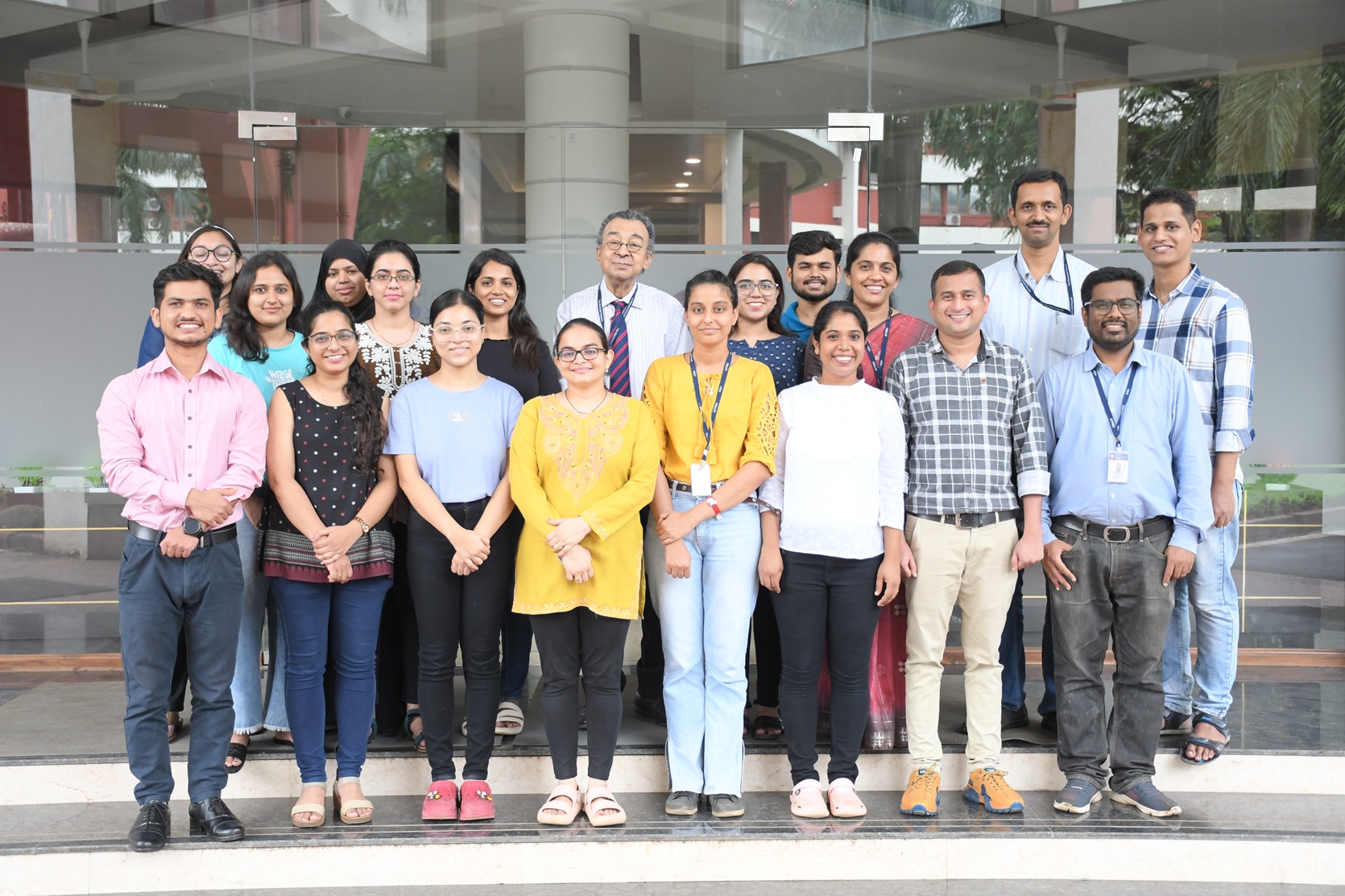
CS Pramesh, Director of the Tata Memorial Hospital

Professor Indraneel Mittra MBBS, PhD. (London), FRCS (England), is the Dr. Ernest Borges Chair in Translational Research and Professor Emeritus, Department of Surgical Oncology at the Tata Memorial Centre / ACTREC.
Professor Mittra is a multi-faceted personality: a surgeon, a basic research scientist and a public health researcher. As a surgeon he pioneered breast cancer surgery as an independent discipline in India. In the field of public health, he was the principle investigator of one of the largest randomized trials of screening for early detection of breast and cervical cancer involving 150,000 women in a study that lasted for 20 years. The results, which have been published in high impact journals, have shown that simple techniques such as visual infection of the cervix after local application of 4% acetic acid reduces mortality from cervical cancer by 31%. The breast cancer component of the study showed for the first time that clinical breast examination reduces mortality in women above the age of 50 by nearly 30%. If applied globally in low and middle income countries these two simple techniques have the potential of saving more than 100,000 lives every year. Professor Mittra’s laboratory research has led to the discovery that cell-free chromatin particles released from dying cells are horizontally transferred to healthy cells wherein they cause DNA damage by integrating into their genomes. These findings have far-reaching implications for a multitude of human disorders including ageing and cancer. His current interest has also included evolutionary biology and the origin of life. His research has shown that horizontally transferred cell-free chromatin particles function as autonomous “supernumerary” genomes and vehicles of transposable elements once they enter into new host cells. These findings have led to the hypothesis that a cell simultaneously harbours two genome forms that function autonomously: one that is inherited (hereditary genome) and numerous others that are acquired (supernumerary genomes). The presence of supernumerary genomes has evolutionary implications given their ability to generate a plethora of novel proteins and to serve as vehicles for transposable elements.
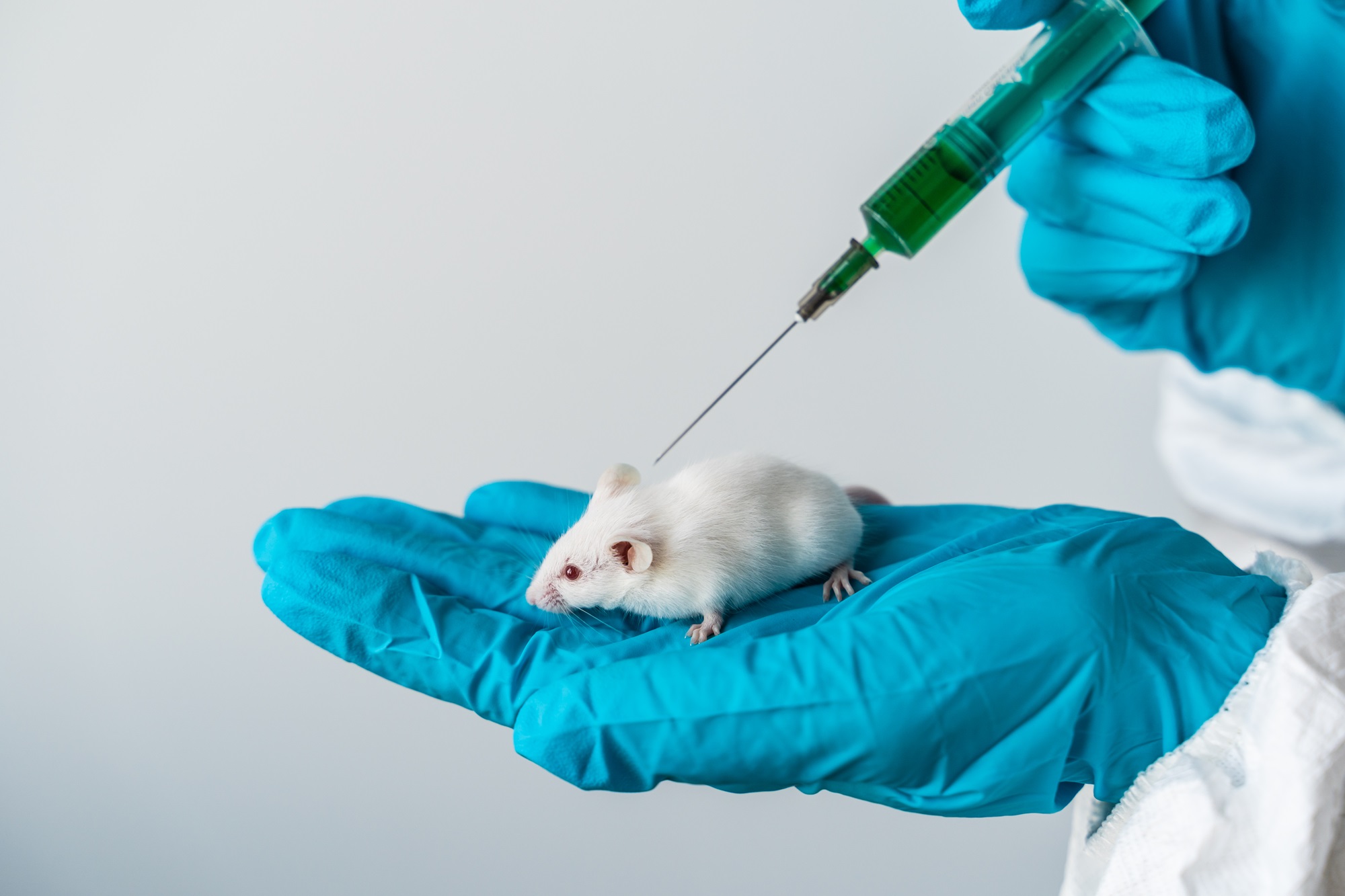
Sepsis is a life-threatening complication of bacterial infection. Yet, its pathogenesis remains poorly understood and there is a lack of effective treatments. We found that cell-free chromatin particles (cfChPs) released from dying cells our body induce inflammation and cell death in surrounding cells in response to bacterial endotoxin, leading to a vicious cycle of cfChP release and further cell death. This amplifies the pathological effects of the bacteria, leading to sepsis. We also show that cfChP inactivation could be a novel therapeutic approach to managing sepsis. Read more here: https://pubmed.ncbi.nlm.nih.gov/32130239/

In an exploratory, single-centre, prospective dose-escalation study, we showed that our resveratrol-copper combination agent to deactivate cell-free chromatin reduced transplant-related toxicities in patients with multiple myeloma receiving high dose melphalan. Read the full study here: https://journals.plos.org/plosone/article?id=10.1371/journal.pone.0262212

Our RESCU III clinical trial involving patients with advanced gastric cancer receiving docetaxel-based multi-agent chemotherapy showed that our pro-oxidant combination resveratrol-copper, which deactivates cell-free chromatin released from dying cells, reduces non-haematological toxicities such as hand-foot syndrome, diarrhoea, and vomiting, without adversely affecting survival. Read more here: https://rdcu.be/cZyge

Chromatin fragments in the blood stream, can freely enter healthy cells, associate with the host chromosomes, and integrate into the genome, activating damage responses and cell death (apoptosis). This is implicated in ageing and pathologies such as cancer. But this effect can be mitigated or avoided by concurrent treatment with DNase I and/or anti-histone antibody complexed nanoparticles both in vitro and in vivo. Read our full findings here: https://www.ncbi.nlm.nih.gov/pmc/articles/PMC5779614

Resveratrol (R), a natural polyphenol occurring in plants, is known to reduce copper from Cu (II) to Cu (I), while generating reactive oxygen species which can cleave circulating chromatin fragments. This activity of R-Cu progressively increases with increasing ratio of R to Cu, i.e., we can achieve cell-free chromatin degradation with miniscule concentrations of Cu so as to obviate any toxic side effects of Cu. Read our full findings here: https://f1000research.com/articles/4-1145/v2

A retrospective study comprising 230 patients with COVID-19 in Mumbai during the first wave in 2020, provided preliminary evidence that a therapeutic combination of two commonly used nutraceuticals resveratrol and copper could work as a universal treatment for severe COVID-19. Find out how here: https://www.medrxiv.org/content/10.1101/2020.07.21.20151423v1.full-text
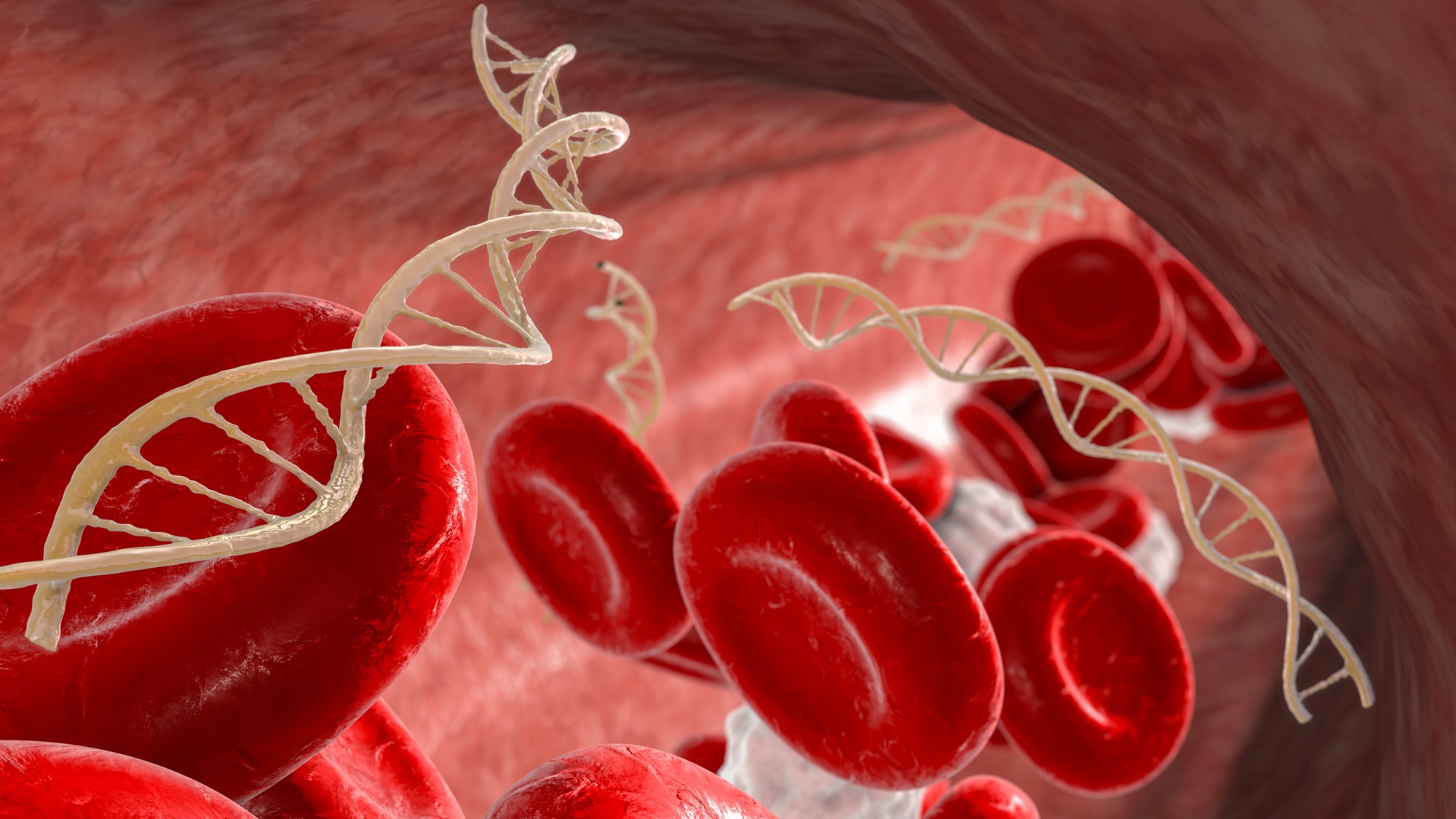
Genetic elements have been known to be ‘mobile’ since the 1950s and to be horizontally transferred between organisms. We recently discovered that genetic elements can also move freely within the same organism via its circulatory system. Every day, dying cells in an organism’s body release fragments of genetic material that then enter healthy cells, integrate with their genomes, and cause damage. Read more about this new class of mobile genetic elements and its pathological implications here: https://f1000research.
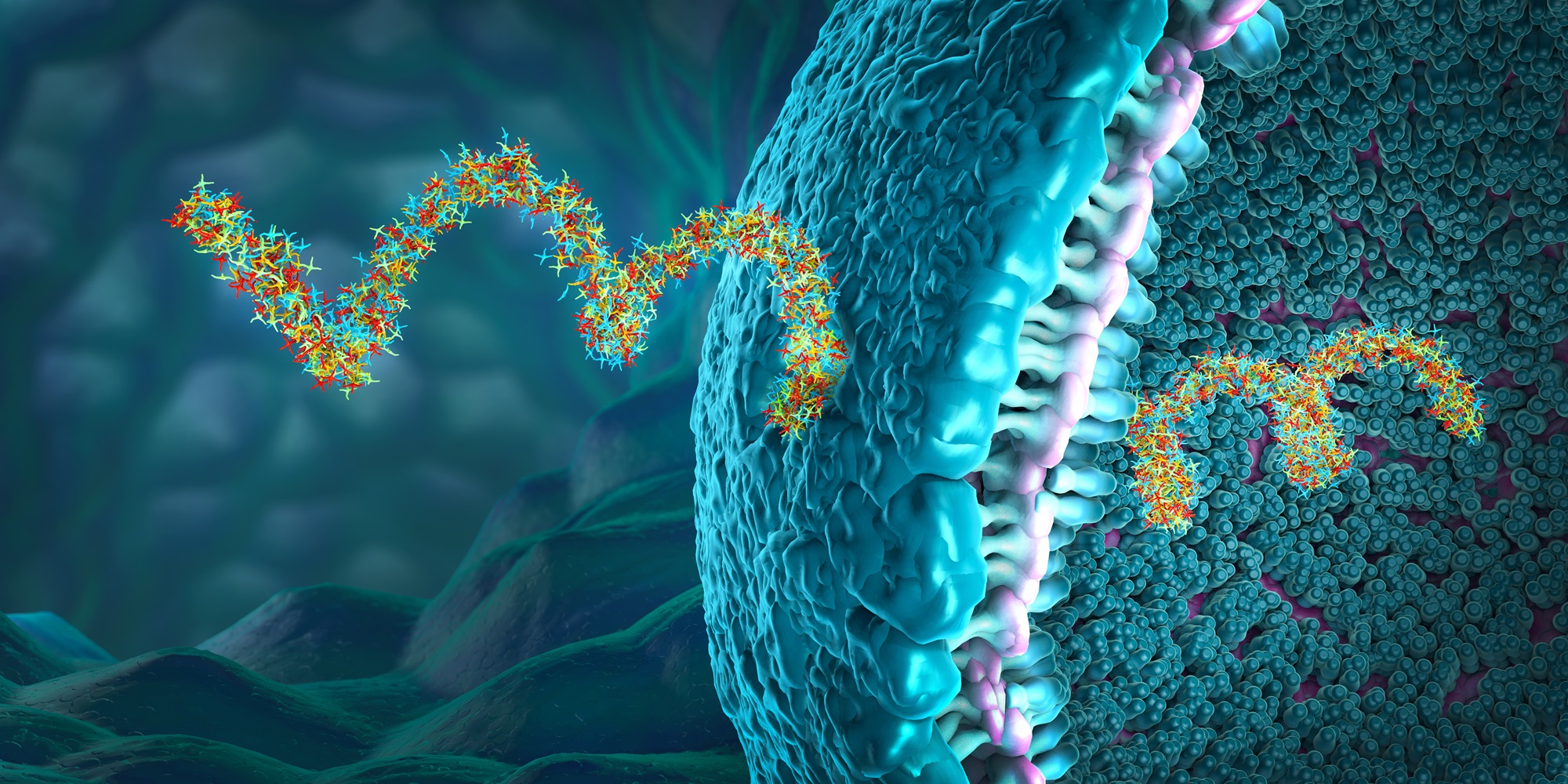
Genetic Material is not known to spontaneously enter cells; so, how do cell-free chromatin fragments achieve this? We sonicated high molecular weight (HMW) genetic material to generate fragments similar in size to the circulating chromatin particles and found that, unlike the HMW chromatin, the physically sheared chromatin could enter cells spontaneously and randomly integrate into their genomes without heed to species or kingdom boundaries. This was true across species. Read how size is the answer here: https://www.ncbi.nlm.nih.gov/pmc/articles/PMC5550992/
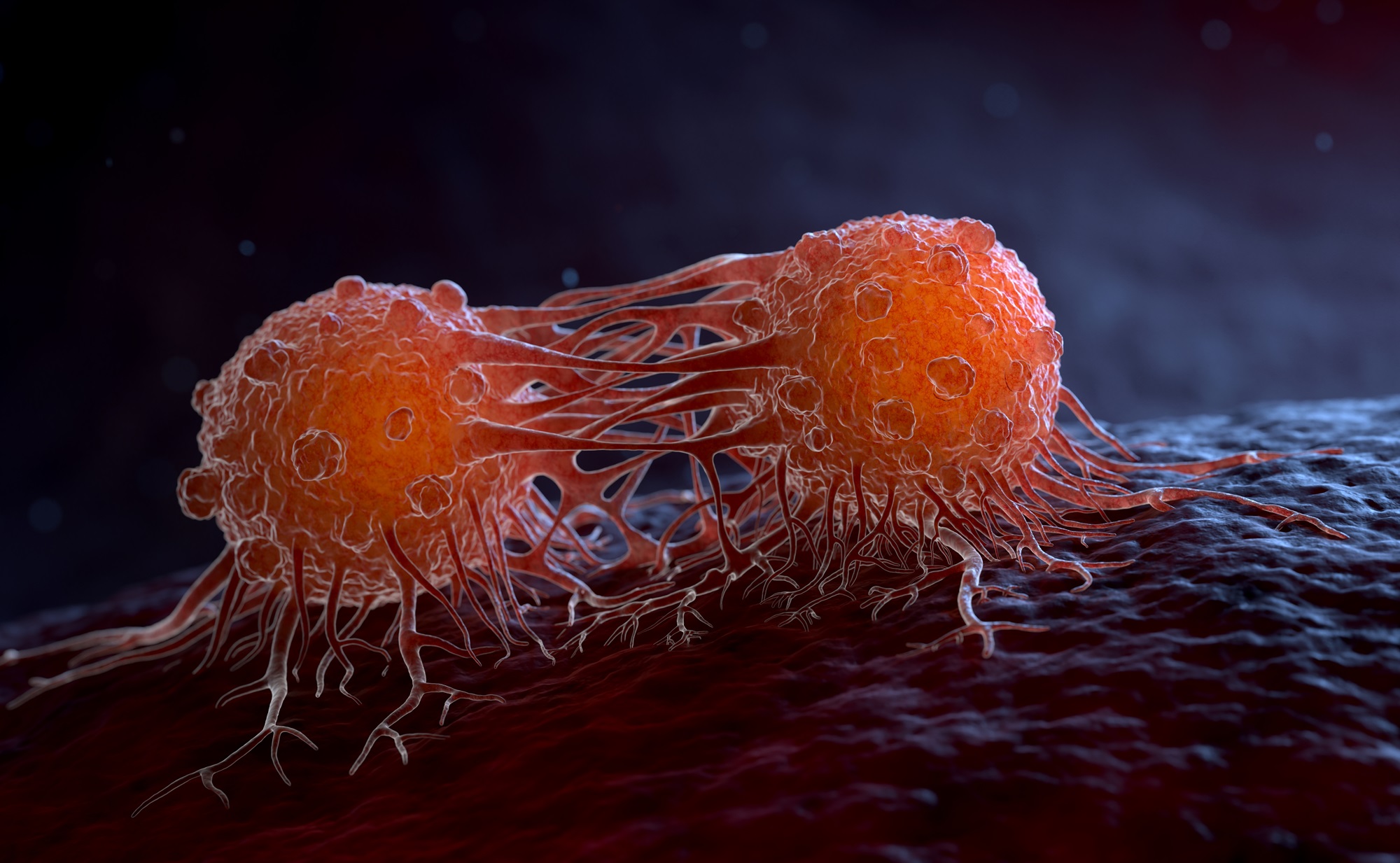
Metastases arise as new tumours from healthy cells of the target organs, not the cancer cells derived from the primary tumour as is generally believed. Cell-free chromatin particles from dying cells of the primary tumour travel to distant organs, integrate into the healthy cells there, and cause new cancer formation. Read our strong evidence for this here: https://www.biorxiv.org/content/10.1101/2023.08.09.552586v1.full

Immunotherapy is a novel frontier in cancer treatment, but an understanding of what causes upregulation of immune checkpoints is still rudimentary. We showed that lymphocytes activate cancer-causing immune checkpoints as a stress-response to cell-free chromatin particles. Cell-free chromatin particle deactivating agents could be a new avenue in immunotherapy for cancers. Read our study here: https://www.frontiersin.org/journals/immunology/articles/10.3389/fimmu.2023.1331491/full
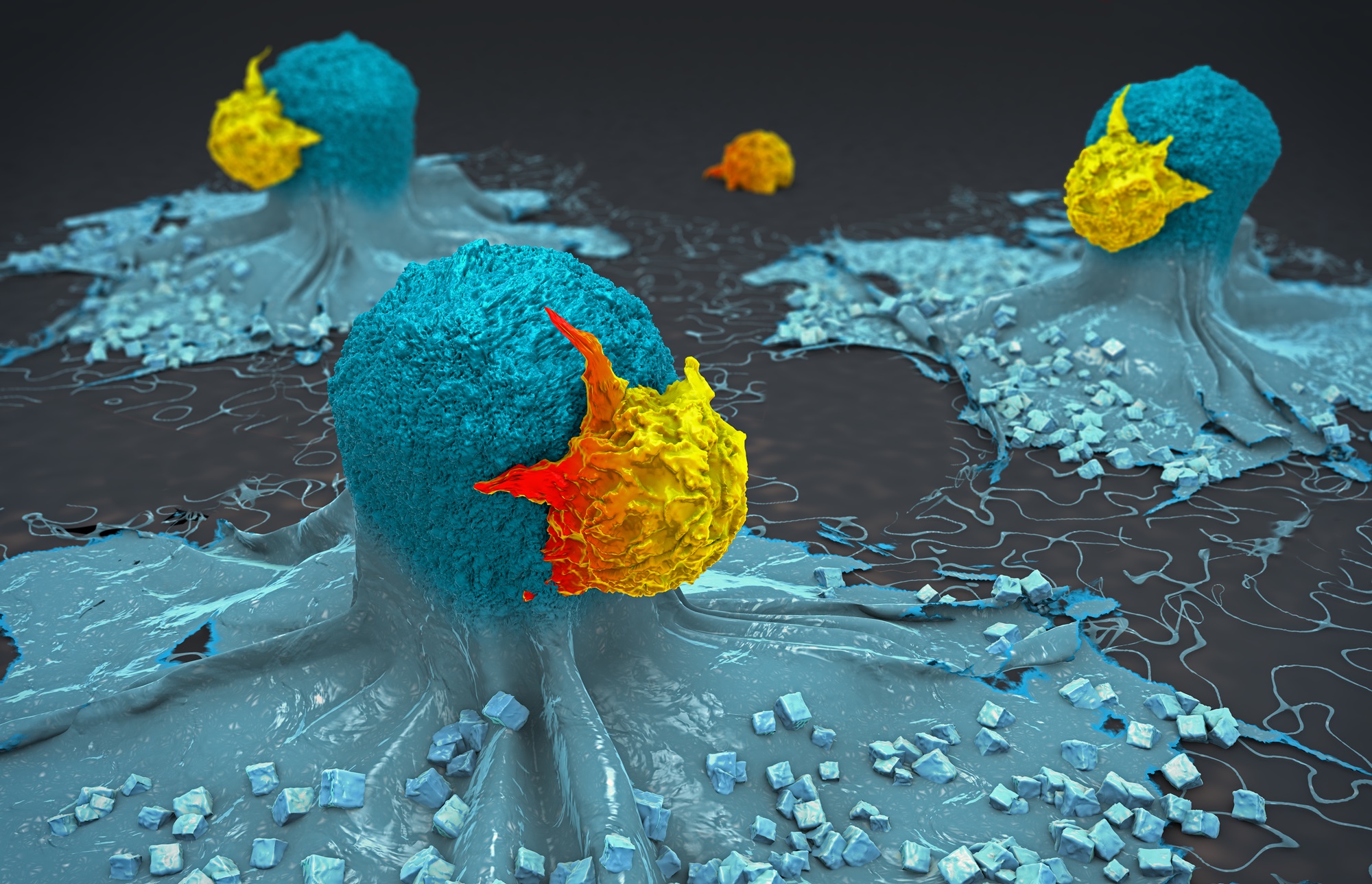
Our immune response has long been linked to cell death, but the exact cause has remained elusive. We propose that the cell-free chromatin particles released from dying cells are the missing link. These induce a stress-response in lymphocytes which then activate an immune response in the form of the release of inflammatory cytokines. Know more about the specific signalling pathways through which this happens here: https://www.biorxiv.org/content/10.1101/2023.08.07.551233v1.full
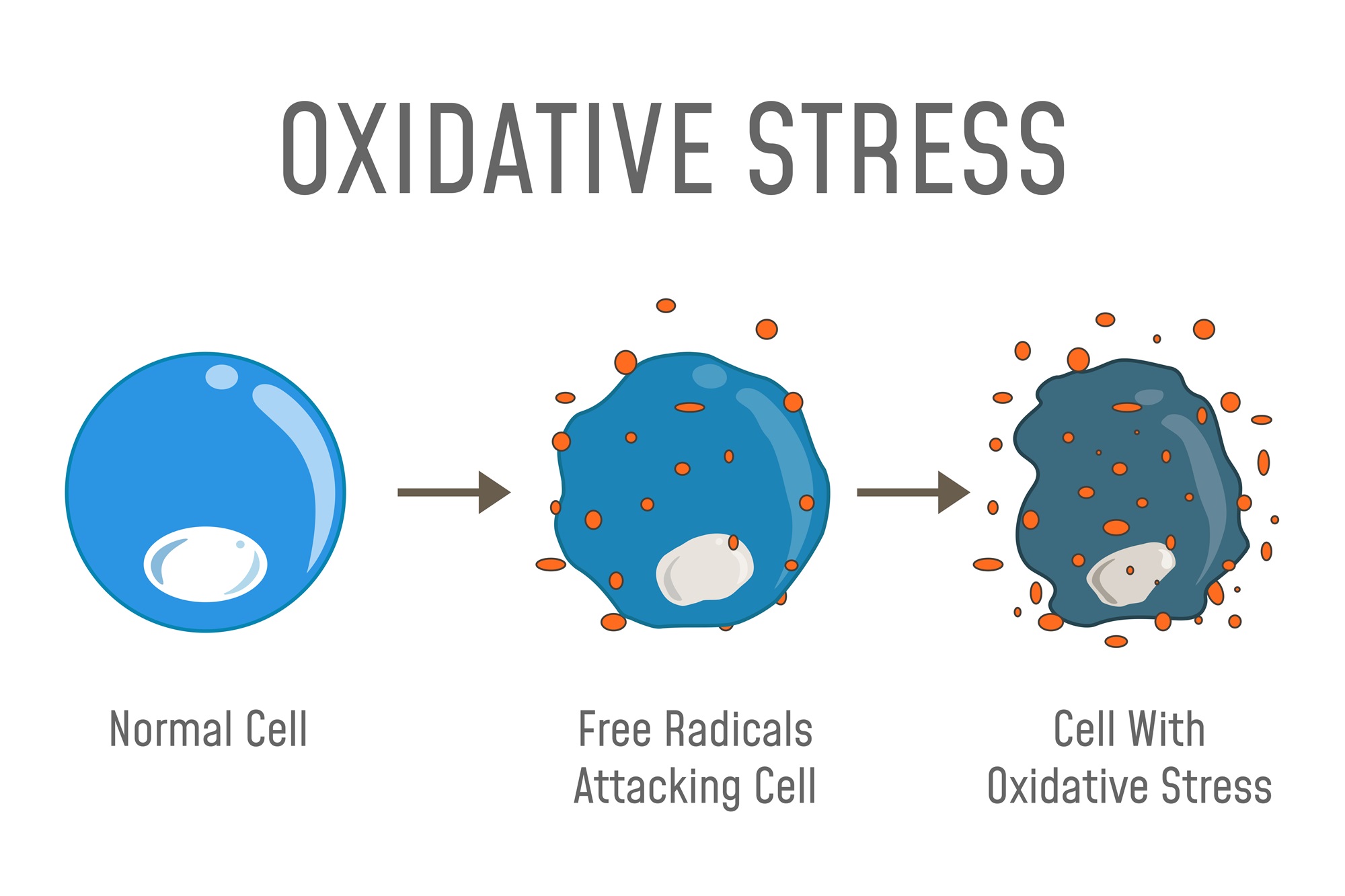
Cell-free chromatin particles released from the billions of dying cells under normal conditions in our body every day, readily enter healthy cells and deal direct physical damage to mitochondrial DNA, leading to increased activation of reactive oxygen species production. Oxidative stress is associated with ageing, neurodegeneration, and cancer. Agents that deactivate cell-free chromatin particles could be a novel therapeutic avenue for these pathologies. Read more here: https://doi.org/10.1038/s41420-023-01728-z

In a clinical setting, we administered cell-free chromatin neutralizing/degrading agents — anti-histone antibody complexed nanoparticles, DNase I, and Resveratrol-Cu — along with chemotherapy. We observed a reduction in chemotherapy-induced surge in chromatin fragments in the blood, inflammation, and more. Read the full study here: https://www.ncbi.nlm.nih.gov/pubmed/28911066
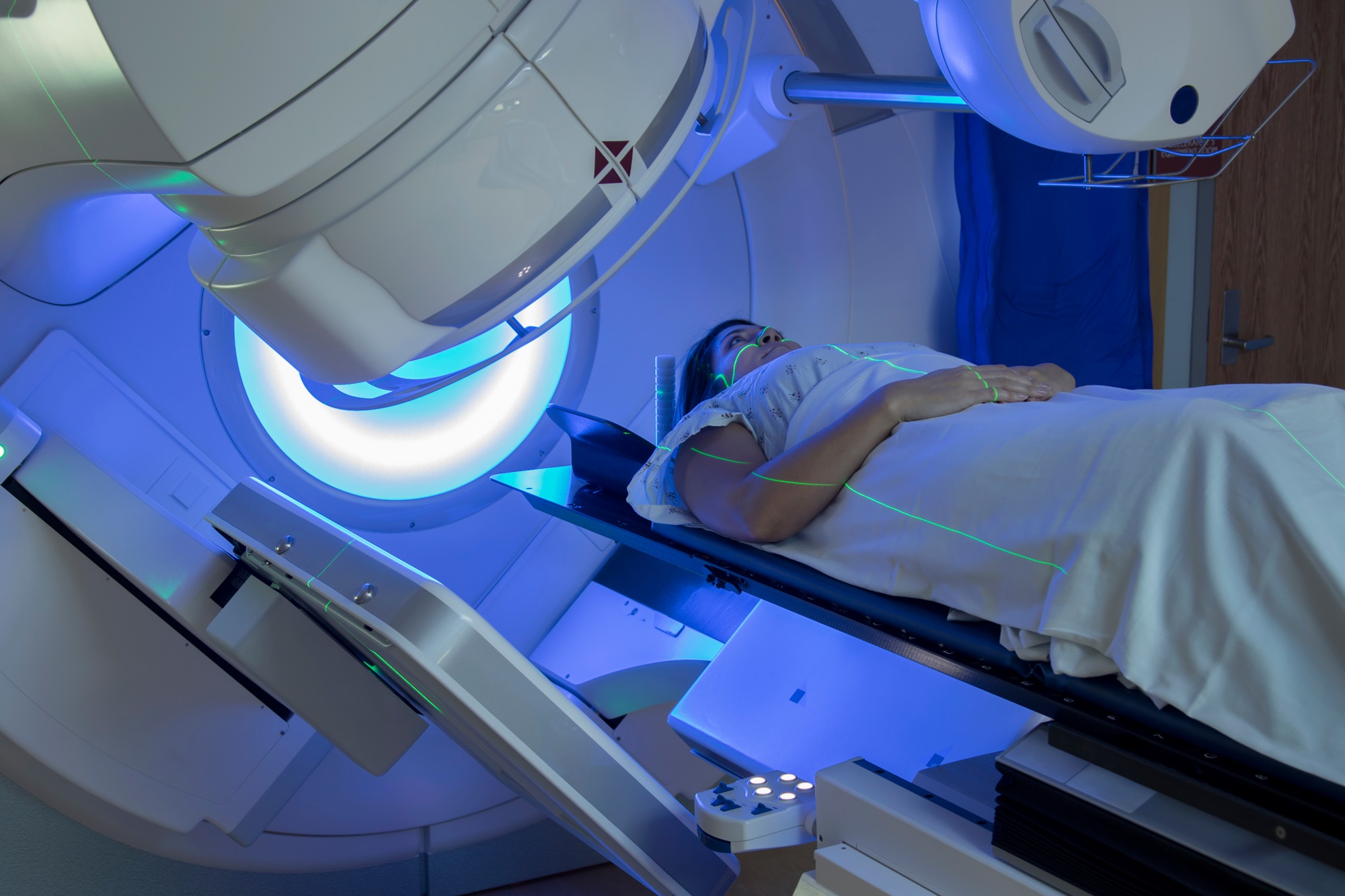
Radiation-induced bystander effect during cancer treatment, where radiation toxicity is seen in non-irradiated cells as well, is not due to radiation scattering but largely due to the release of cell-free chromatin fragments from dying cells, our studies show. We found that concurrently treating the mice with cell-free chromatin deactivating agents can prevent this effect. Read the paper here: https://www.ncbi.nlm.nih.gov/pmc/articles/PMC6238009/

In a trial involving patients with advanced squamous cell carcinoma of the oral cavity, we found that a combination of resveratrol and copper generates oxygen radicals that can deactivate cell-free chromatin in the tumour microenvironment, which is a global instigator of cancer hallmarks and immune checkpoints in surviving cancer cells. Read more on how this raises the prospect of a novel cancer treatment here: https://www.frontiersin.org/journals/oncology/articles/10.3389/fonc.2022.1000957/full
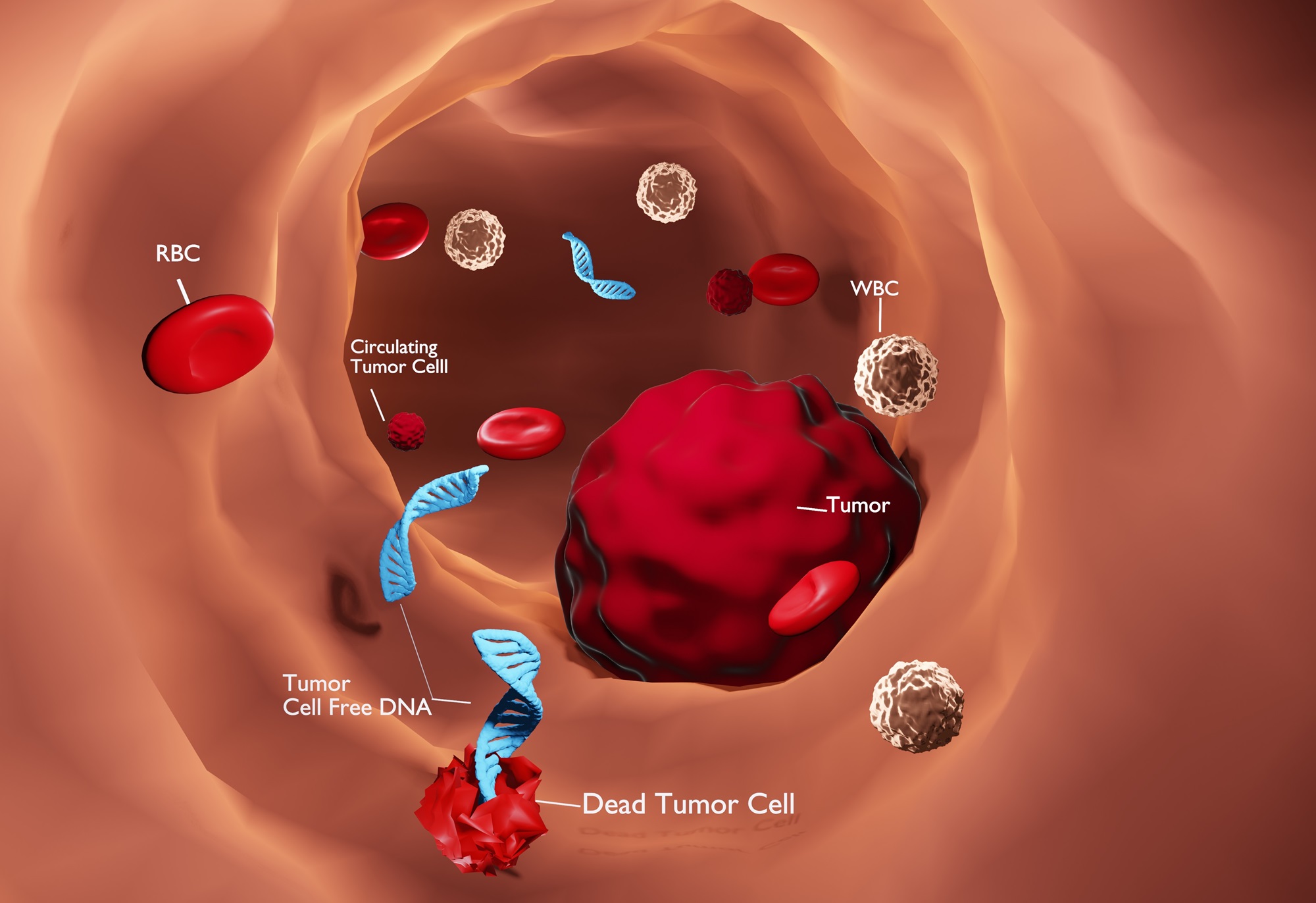
We had earlier found that chromatin from dead cancerous cells rapidly enter recipient cells and integrate into their genome. They then trigger genome-wide de-regulation of transcription and upregulation of multiple pathways related to phagocytosis, inflammation, and cancer. Our findings indicate that dead cancer cells may be responsible for cancer spread locally as well as in distant organs. Read our full study here: https://www.ncbi.nlm.nih.gov/pmc/articles/PMC5447133/
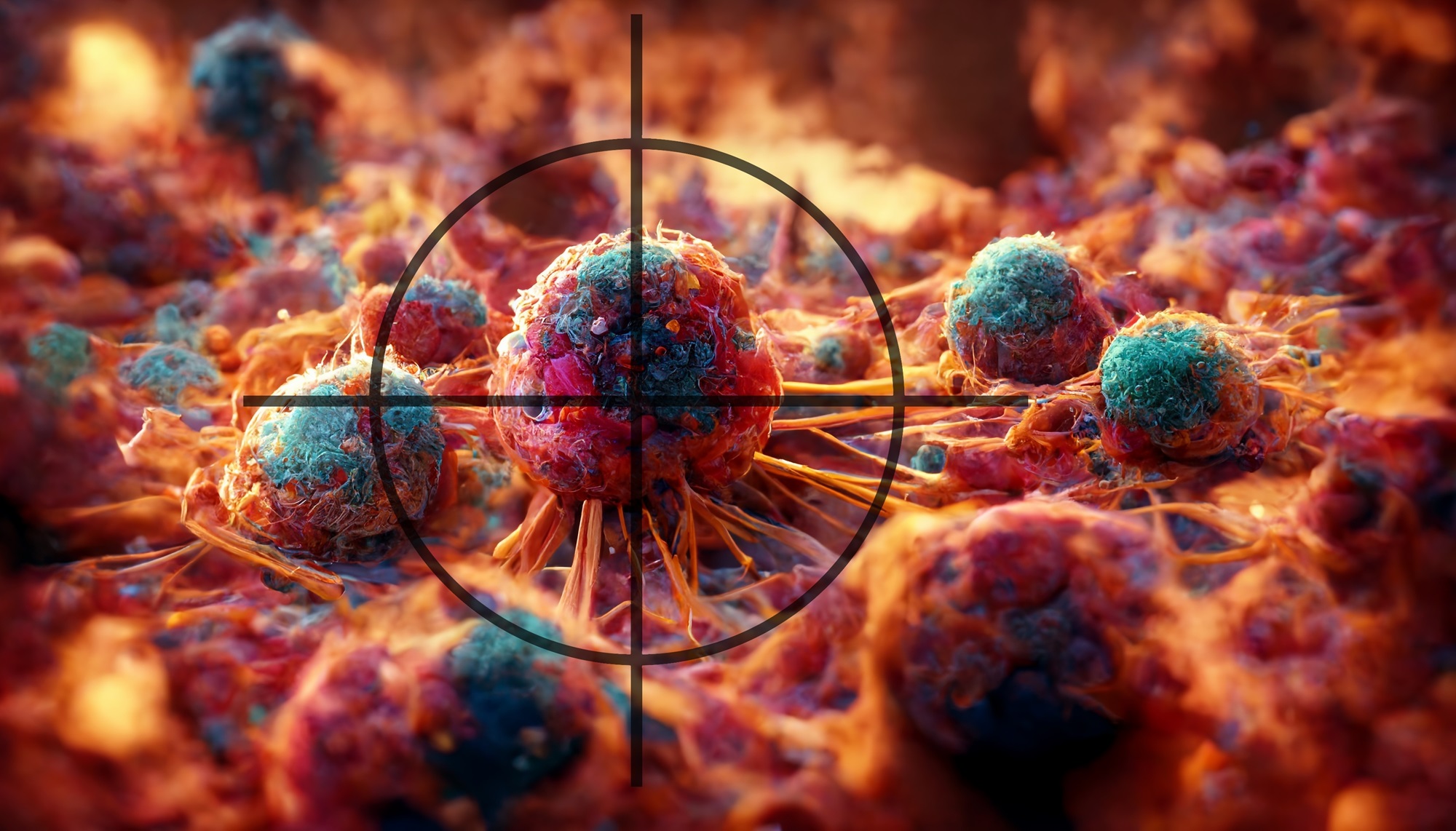
When we treated mice that carried human xenografts of cancer cells with chemotherapy or radiotherapy, we found a marked increase in human oncoproteins in their brains. Concurrent treatment with cell-free chromatin deactivating agents, such as a pro-oxidant combination of resveratrol and copper, minimized this increase. Our study indicates that cancer therapies themselves could be the cause of metastatic spread, and treatment protocols might need updation to include cell-free chromatin deactivating agents. Know more here: https://journals.plos.org/plosone/article?id=10.1371/journal.pone.0298042

Cell-free chromatin particles, which are produced in the billions from dying cells in our bodies every day, constantly enter healthy cells, integrate into their genomes, and damage them. Over the course of a lifetime, this causes ageing and neurodegeneration. Our studies showed strong evidence that using the cell-free chromatin deactivating agent resveratrol-copper can prevent this. Read it here: https://www.nature.com/articles/s41598-022-21388-w

Prof. Mittra and colleagues have demonstrated the various damaging effects of cell-free chromatin particles (cfCHPs), which are released by dying cells into the circulation in the human body. In recent studies, they also uncovered that a combination of the nutraceuticals resveratrol and copper has pro-oxidant effects and can generate reactive oxygen species (ROS) in vivo. The ROS generated by this combination treatment can deactivate cfChPs and nullify their detrimental effects without causing any damage to the cell. Read more about how this combination therapy can combat various pathological conditions, including degenerative disorders, cancer, and ageing, via the deactivation of cfChPs: https://www.frontiersin.org/journals/pharmacology/articles/10.3389/fphar.2024.1345786/full

Although beneficial, chemotherapy can have serious side-effects, including life-threatening outcomes. Prof. Mittra and his colleagues uncovered that chemotherapy-induced death of cells leads to the release of cell-free chromatin particles (cfChPs), which subsequently exert damaging effects on bystander cells and other healthy cells in the body. Thus, cfChPs, and not the drug itself, are the major cause of the amplified and prolonged toxicity observed. Furthermore, cfChP-deactivating agents could nullify the damaging effects of cfChPs and reduce toxicity observed post chemotherapy, suggesting a promising new approach to reduce chemotoxicity. Read more about the potential implications of this therapeutic approach to combat cancer here: https://www.nature.com/articles/s44276-024-00064-8
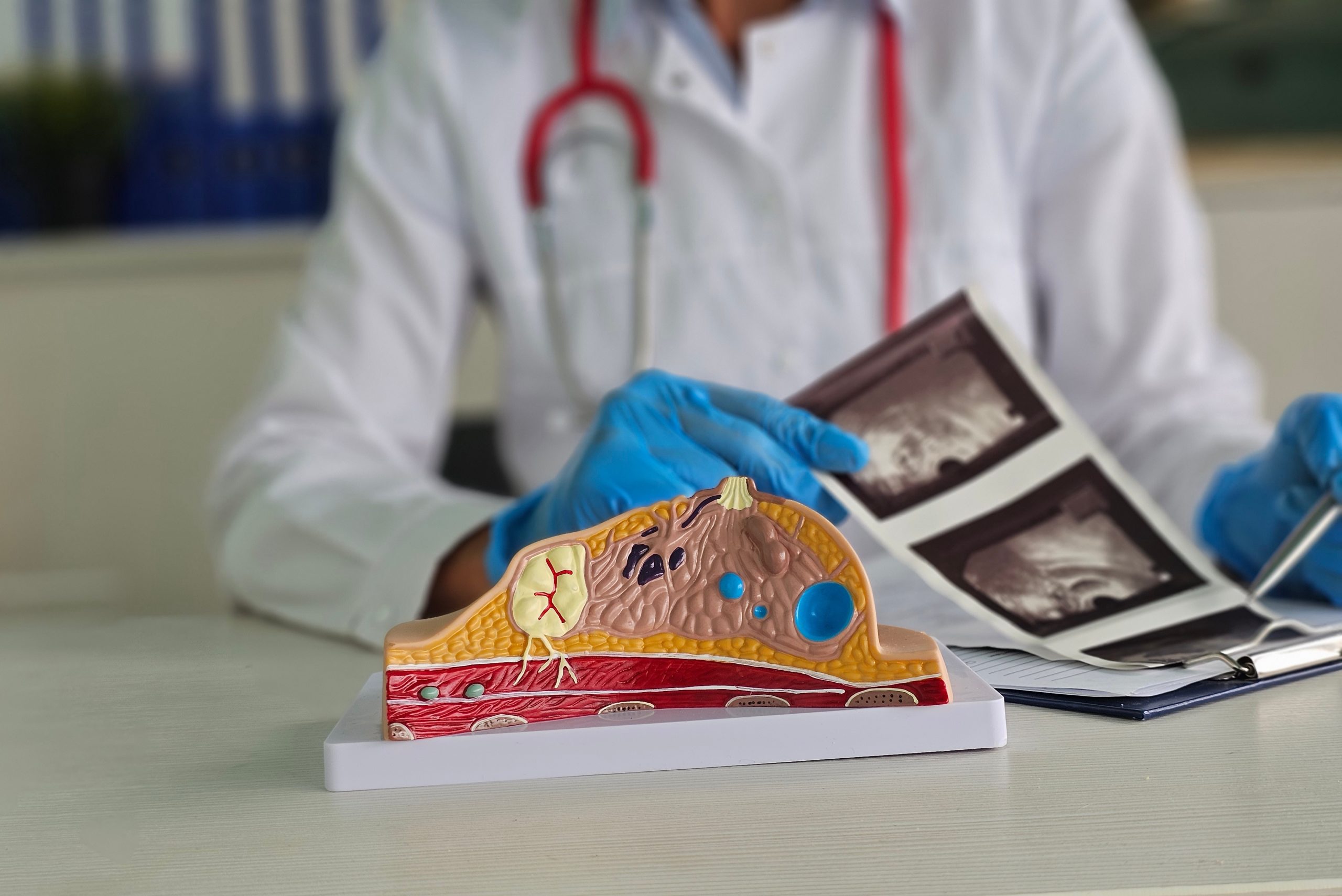
In a developing country like India, commonly used cancer diagnostic tests such as mammography can be inaccessible for the majority. Prof. Mittra and his colleagues conducted one of the largest randomized trials of screening for breast and cervical cancers using cost-effective and simple approaches in Mumbai suburbs involving 150,000 women and lasting 20 years. The outcomes of these easily implementable screening methods were highly promising, indicating the potential benefits of these strategies in low- and middle-income countries.

Cervical cancer is a major cause of cancer-related deaths in India, and a lack of proper infrastructure hinders its early diagnosis. In a study conducted by Prof. Mittra’s group, 75,000 women in the intervention arm were screened every 2 years by visual inspection of the cervix after 4% acetic acid application (called the VIA test). They also received cancer awareness messages every 2 years. Another 75,000 women acted as controls who received cancer awareness messages alone. Screening by VIA test resulted in a 31% reduction in mortality from cervical cancer. Know more about this life-saving and easily implementable diagnostic strategy here: https://doi.org/10.1093/jnci/dju009
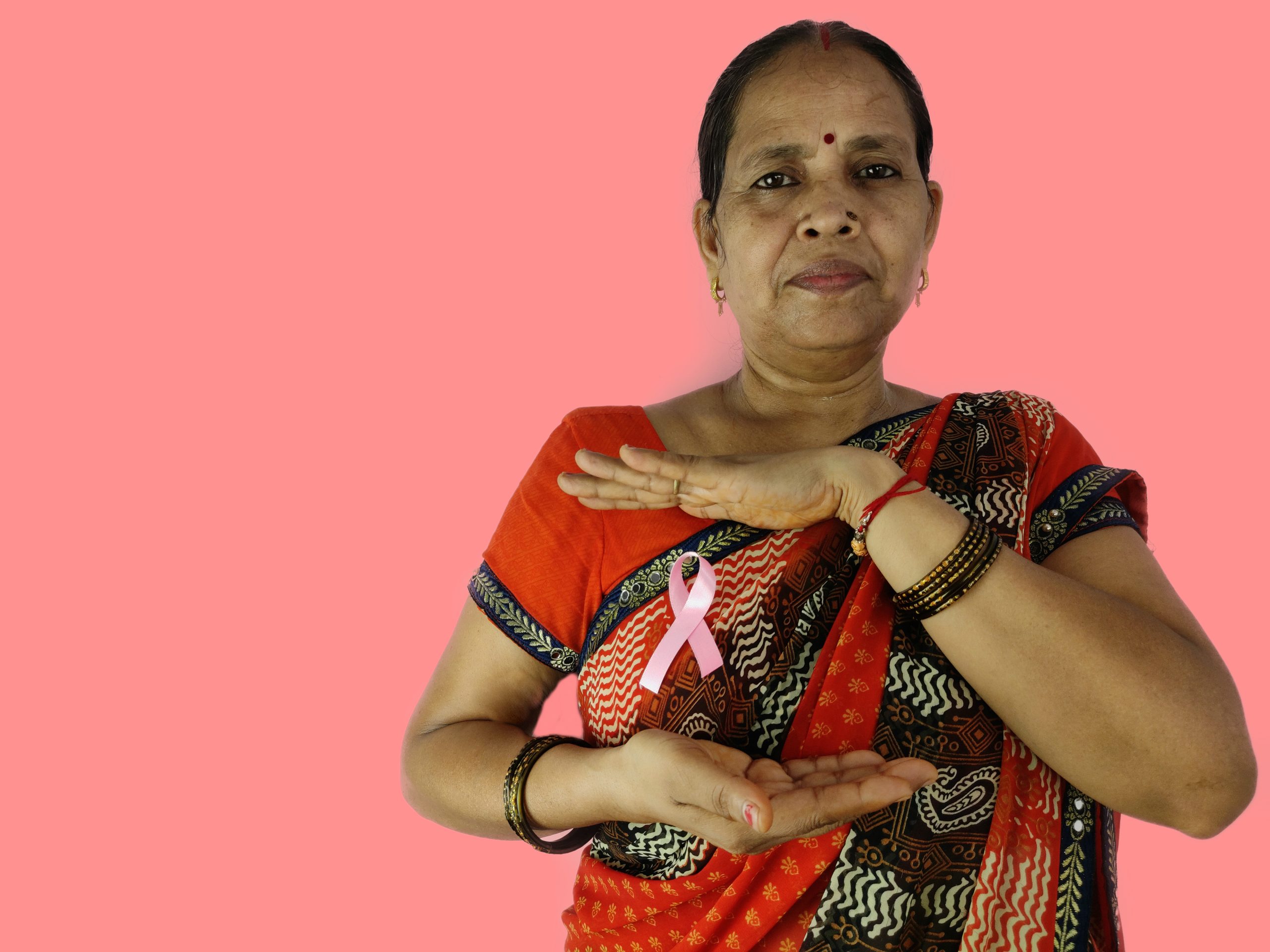
Regular mammography can be expensive and inaccessible. Prof. Mittra and his colleagues tested the efficacy of screening for breast cancer through CBE. Over 75,000 women received 4 screening rounds of CBE (conducted by trained female primary health workers) and cancer awareness every two years, followed by 5 rounds of active surveillance every two years. Another 75,000 women acted as controls and received cancer awareness messages alone. Screening by CBE resulted in a 30% reduction in mortality from breast cancer in women aged 50 years and above. Know more about this effective strategy that can be easily implemented in resource-poor countries here: https://doi.org/10.1136/bmj.n256
How Cell-free Chromatin Particles could be the missing link to the Long-awaited Treatment of Sepsis.
Exploiting the synergy of nutraceuticals for cancer prevention and treatment
Indian Researchers from ACTREC Discover Novel Therapeutic Agent for a Host of Diseases.
Breast Cancer Screening With Clinical Breast Examination in Low- and Middle-Income Countries: The Tata Memorial Centre 20-Year Study.
Indian Surgeon’s Groundbreaking Cancer Research Saves the Lives of 1000s of Women
Cancer surgeon once hit Mumbai streets to screen breast cancer; saved thousands
Scientists uncover key molecular mechanism underlying different aspects of sepsis.

Reach out at indraneel.mittra@gmail.com
